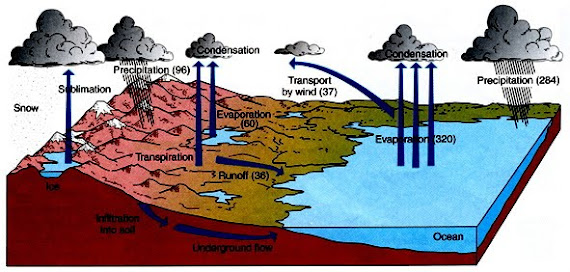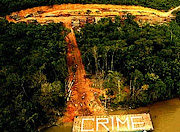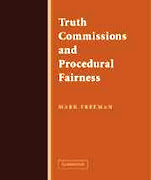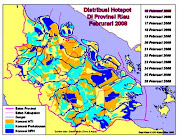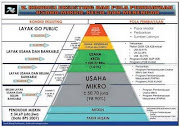ILLEGAL LOGGING
Source: http://www.matscorpio96.co.cc/

Illegal logging is the harvest, transportation, purchase or sale of timber in violation of laws. The harvesting procedure itself may be illegal, including using corrupt means to gain access to forests; extraction without permission or from a protected area; the cutting of protected species; or the extraction of timber in excess of agreed limits.
Illegalities may also occur during transport, such as illegal processing and export; fraudulent declaration to customs; and the avoidance of taxes and other charges.
THE PROBLEM
Illegal logging is a pervasive problem, causing enormous damage to forests, local communities and to the economies of producer countries. Despite the economic importance of trade in timber and forest products, major international timber consumer countries, such as the EU, have no legal means to halt the import of illegally sourced forest products because the identification of illegally logged or traded timber is technically difficult. Therefore, a legal basis for normative acts against timber imports or other products manufactured out of illegal wood is missing. Currently, scientific methods to pinpoint the geographic origin of timber is under development. Possible actions to restrict imports cannot meet with WTO regulations of non-discrimination. They must instead be arranged in bilateral agreements.
SCALE
It is estimated that illegal logging in public lands alone causes losses in assets and revenue in excess of 10 billion USD annually. Formulation and Implementation of National Action Plans to Combat Illegal Logging and Other Forest Crime. Results of ENA-Fleg. World Bank Technical Paper. Although exact figures are difficult to obtain, given the illegal nature of the activity, reliable estimates indicate that more than a considerable share, in some cases more than the half of all logging activities in particularly vulnerable regions Africa, Southeast Asia, the Russian Federation and some of the Baltic states – is illegal.
CONSEQUENCES
Illegal logging contributes to deforestation and by extension global warming, causes loss of biodiversity and undermines the rule of law. These illegal activities undermine responsible forest management, encourage corruption and tax evasion and reduce the income of the producer countries, further limiting the resources producer countries can invest in sustainable development. Illegal logging has serious economic and social implications for the poor and disadvantaged.
Furthermore, the illegal trade of forest resources undermines international security, and is frequently associated with corruption, money laundering, organized crime, human rights abuses and, in some cases, violent conflict. In the forestry sector, cheap imports of illegal timber and forest products, together with the non-compliance of some economic players with basic social and environmental standards, destabilise international markets. This unfair competition affects those European companies, especially the small and medium sized companies that are behaving responsibly and ready to play by fair rules.












